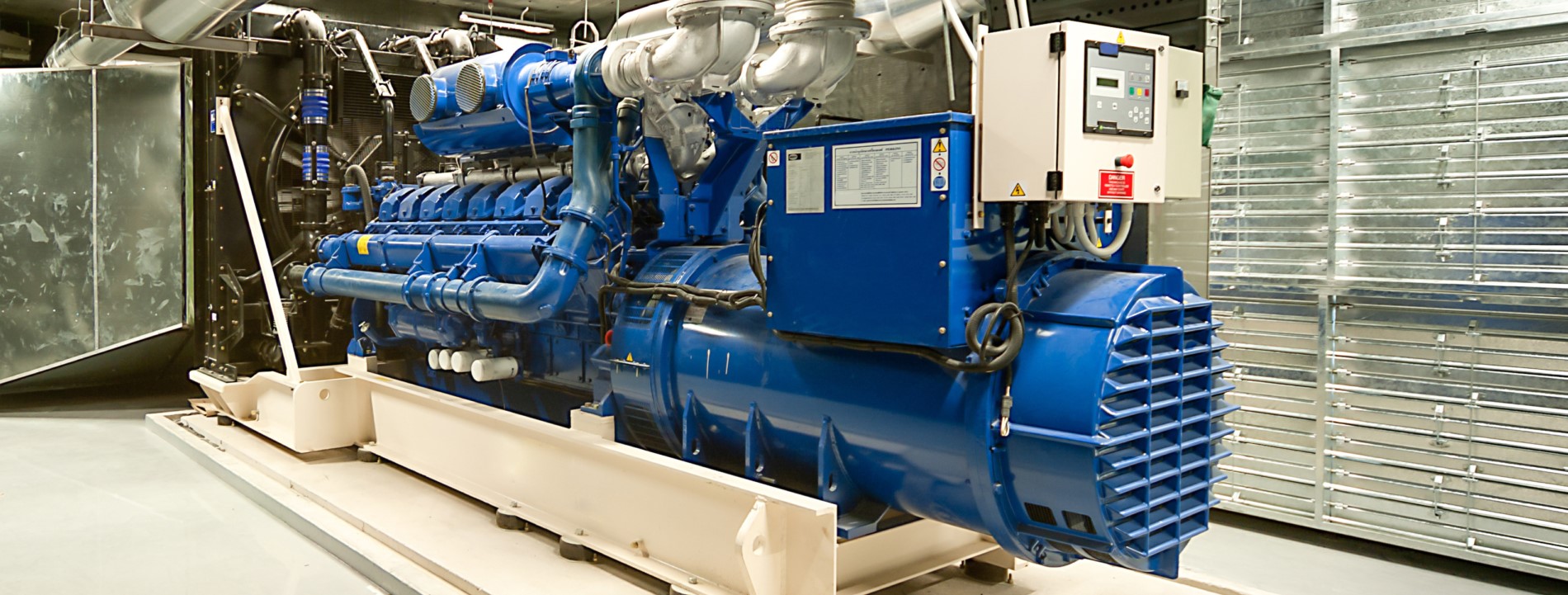We need electricity in all important life situations and almost nothing works without it. But what happens if the energy supply collapses completely?
How likely is the risk of a blackout?
The Federal Network Agency classifies the danger of a blackout, i.e. a nationwide power failure, as low. Nevertheless, according to the Federal Office for Civil Protection, the supply is more susceptible to disruptions today than it was a few years ago. The causes are climate-related extreme weather events, technical and human failure, but also criminal and terrorist acts. In addition, the restructuring of the energy supply and speculation on the market pose risks to the power supply. To make matters worse, our electricity grid is part of the European Energy Union. And a blackout does not stop at the borders. So if there is a power cut in our neighbours, there is a high probability that we will also be affected.
How secure are our electricity grids?
Our power grids are virtually the Achilles’ heel of our entire supply. A prolonged and widespread power blackout is equivalent to a national disaster. The Federal Office of Civil Protection and Disaster Assistance has therefore already called for better emergency planning. In Germany, the individual municipalities are responsible for disaster control themselves. The Karlsruhe Regional Council has prepared a comprehensive document on recommendations for action in this regard. In this paper, all relevant areas of public life are highlighted. The introduction already makes clear statements: “In the event of a nationwide power blackout, it must be assumed that assistance from neighbouring areas cannot take place because all available resources are needed in the respective area. This means that authorities, businesses and municipalities must make do with their own resources.”
How can backup generators or ESPS help during a blackout?
In a crisis, replacement generators are the most important element for reducing damage. But what preventive measures can be taken to increase the availability of backup generators? In very few cases does a power failure announce itself in time. In the event of an emergency, standby power systems (ESPS) or backup power systems such as emergency generators are the means of choice to maintain vital basic functions such as supplying the sick, logistics centres, waterworks, sewage treatment plants, the communications infrastructure and much more. However, a study by the BSI (German Federal Office for Information Security) came to the alarming conclusion that only eight percent of the replacement power systems examined were fully usable in continuous operation. A lack of staff is cited as a frequent reason for desolate equipment. This makes proper maintenance impossible, not to mention test runs.
Risks with replacement power plants (ESPS)
This fact quickly leads to discussions about liability risks as an operator of a “source of danger”. Some insurers might see the very fact of self-testing the aggregates as a problem.
How can safe maintenance of the backup power systems (ESPS) be carried out?
Can a lack of personnel or time be the reason for unstable supply security? In a highly industrialised and high-tech country like Germany, the possible danger situation should be taken seriously after all. In BentoNet there is also ESPS management as a module. With this, we offer the operators of ESPS quick and easy help with smooth operation in case of emergency. Through modern, digital diagnostics, appropriate communication tools and a range of diverse services, we help keep ESPS running. In doing so, all specifications according to DIN VDE 0100-551, DIN VDE 0100-56, DIN VDE 0100-710, DIN VDE 0100-718, DIND 6280 etc. are fulfilled.
Examples from ESPS Management
Fuel management
- Monitoring to avoid overageing of fuel
- Report minimum levels and replenish
- Joint purchase of fuel
- Secure procurement in case of crisis
Monitoring of operating value limits
- Active, reactive and apparent power in isolated operation
Visualisation
- Requirement according to DIN VDE 0100-710, in addition to DIN 6280-13, operating and fault messages must be forwarded not only to a suitable point, but also to a point that is permanently manned during operation of the building system.
Documentation
- Actual / target state of the system
- Electronic monitoring of test runs
- Risk assessment of components
Services
- Development of action guidelines, execution of test runs (according to DIN 6280-13, an extensive, monthly test is required).
- Test according to DIN VDE 0100-710, the nominal operating temperature of the unit must be reached monthly and all changeover functions must be tested.
So that you are always on the safe side
Even if we feel safe when it comes to power supply. All operators of standby power installations (ESPS) should be armed at all times to be able to reliably absorb a power failure. In the event of an emergency, a number of extensive tasks must be carried out. We can take over essential parts of this – already in advance – and relieve our customers with a system that is always optimally operated. Contact us. We will create a master plan tailored to your needs.






